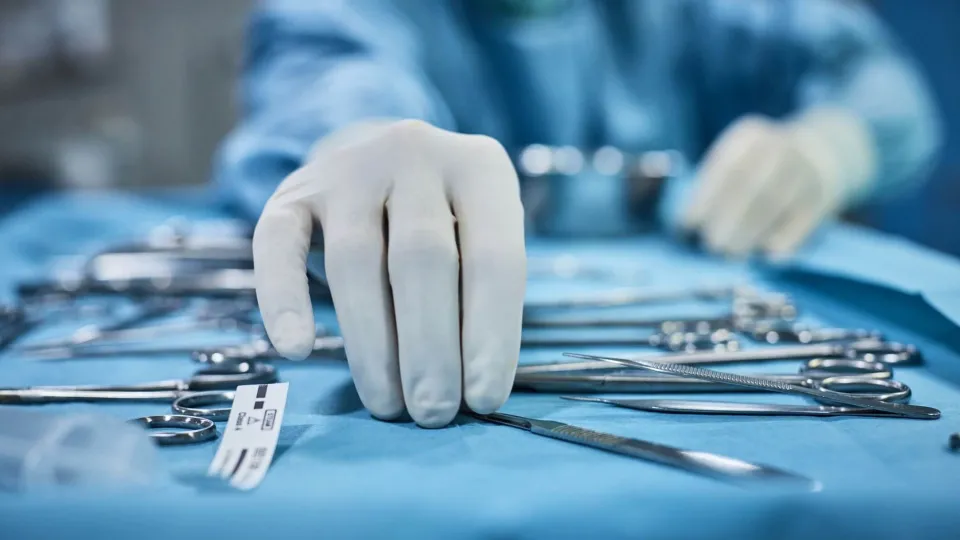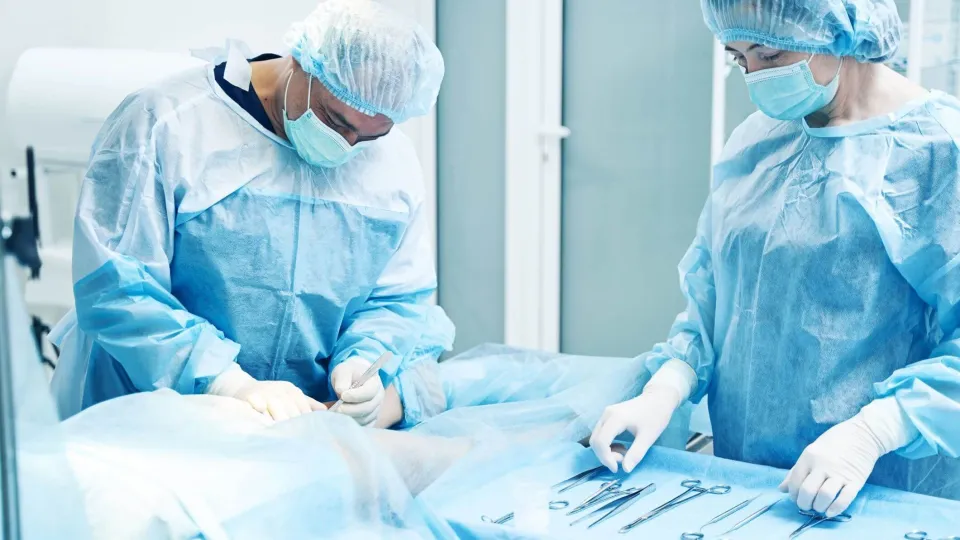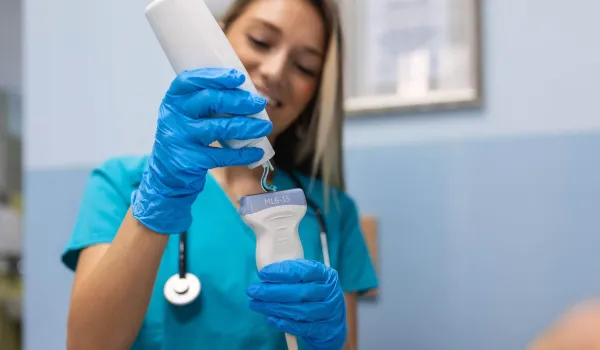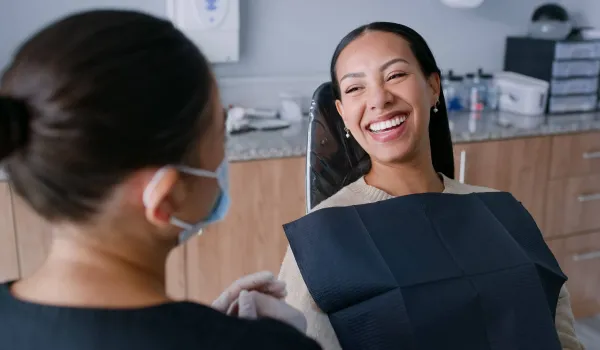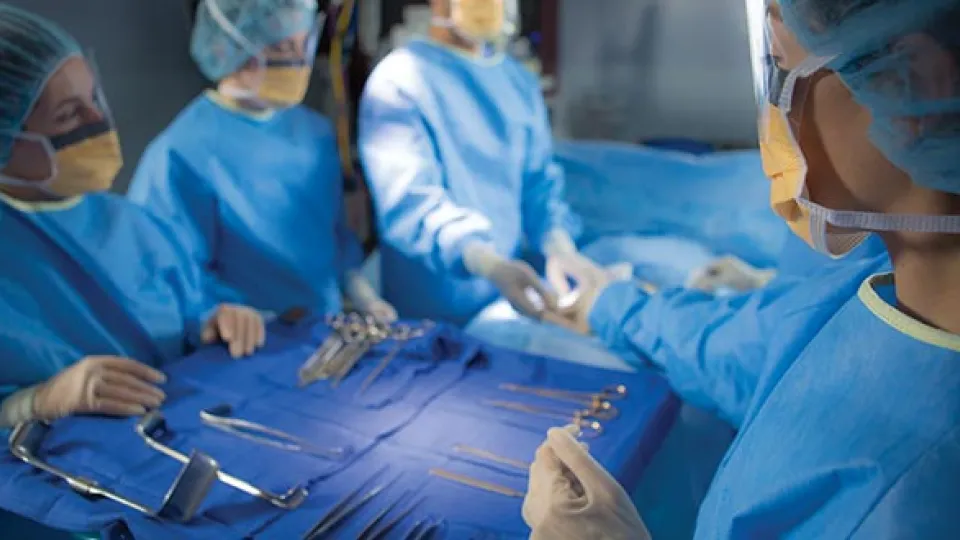
Every day, thousands of people find themselves in the caring hands of the medical staff and surgeons in an operating room somewhere. A surgical procedure is serious business, especially for the patient who will ultimately lie on that table.
But a recent analysis of Medicare data by ProPublica revealed a great disparity in the complication rates between surgeons and recommended that health care consumers do their homework when researching who will perform the surgeries appropriate for their unique health care needs.
The report revealed that about 25 percent of post-surgical complications arose from 11 percent of surgeons in the United States. As a result, people have grown more conscious and aware of how different surgeons can mean the difference between a successful surgery and one filled with complications.
The increasing scrutiny is welcomed by consumers, certainly. And surgical technicians are in a position to help. For example, surgical techs work to make sure surgeons have the tools to complete a surgery successfully, quickly and in a supervised, sterile environment. Take a look at how surgical techs are helping surgeons provide better care in three key areas, even surgical technicians learning online.
A SECOND SET OF EYES
Complications may arise from surgeons with too many surgeries to complete within a given time period. Surgical techs allow surgeons to focus on the surgery without trying to stay vigilant over secondary complications in the operating room environment. Furthermore, surgical techs will help monitor vital signs and make sure the patient is doing well throughout the surgery, notes the Bureau of Labor Statistics. Ultimately, surgical techs can help reduce the number of problems in the operating room.
"WE'RE HERE TO HELP THE SURGEON TO DO THE BEST HE CAN FOR THE PATIENT," SAYS PATRICIA HOYT, PROGRAM DIRECTOR AT CONCORDE'S SAN DIEGO CAMPUS. "WE DON'T WANT ANY SURPRISES THAT CAN'T BE ADDRESSED IMMEDIATELY, SO WE OURSELVES HAVE TO BE PREPARED TO ANTICIPATE WHATEVER CAN GO WRONG DURING A SURGICAL PROCEDURE."
ASSISTANCE WITH THE PROPER TOOLS
When a surgeon moves away from the patient in surgery, it opens the door to complications. Surgical techs help surgeons ensure all of the needed tools for the surgery are readily available. This helps prevent surgeons from performing substandard surgeries, which helps improve patient outcome and satisfaction.
IDENTIFICATIONS OF BREECHES IN THE STERILE FIELD
Every person in the operating room has a duty to ensure a sterile environment remains constant. Surgical techs are vital to maintaining a sterile environment. Surgical techs can help prevent these complication-causing breaks in sterile environments by constantly monitoring the environment for dropped tools, dripping perspiration, and other factors that the surgeon cannot notice while his attention is fully on the procedure.
As people grow more concerned and educated about their level of care and surgeon complication rates, surgical techs will be more important than ever in the operating room. The field of surgical technology is expected to grow by 30 percent by 2022, reports the Bureau of Labor Statistics. By monitoring each of these three surgical areas, surgical techs are vital to the successful completion and reduced complication rate of today's physicians.
"OUR STUDENTS COME HERE LOOKING FOR A CHANGE OF LIFE, NOT JUST A CHANGE OF CAREER," HOYT SAYS. IN THE CONCORDE SURGICAL TECHNOLOGIST PROGRAM, STUDENTS HAVE THE OPPORTUNITY TO ACHIEVE BOTH.
Learn more about how you can help improve the success rate of a surgical team. Contact Concorde Career College and learn how you can make a difference in the lives of your patients, all while doing your job.
Take The Next Step Towards a Brighter Future
Interested in learning more about our Surgical Technology program?
We have a Concorde representative ready to talk about what matters most to you. Get answers about start dates, curriculum, financial aid, scholarships and more!


